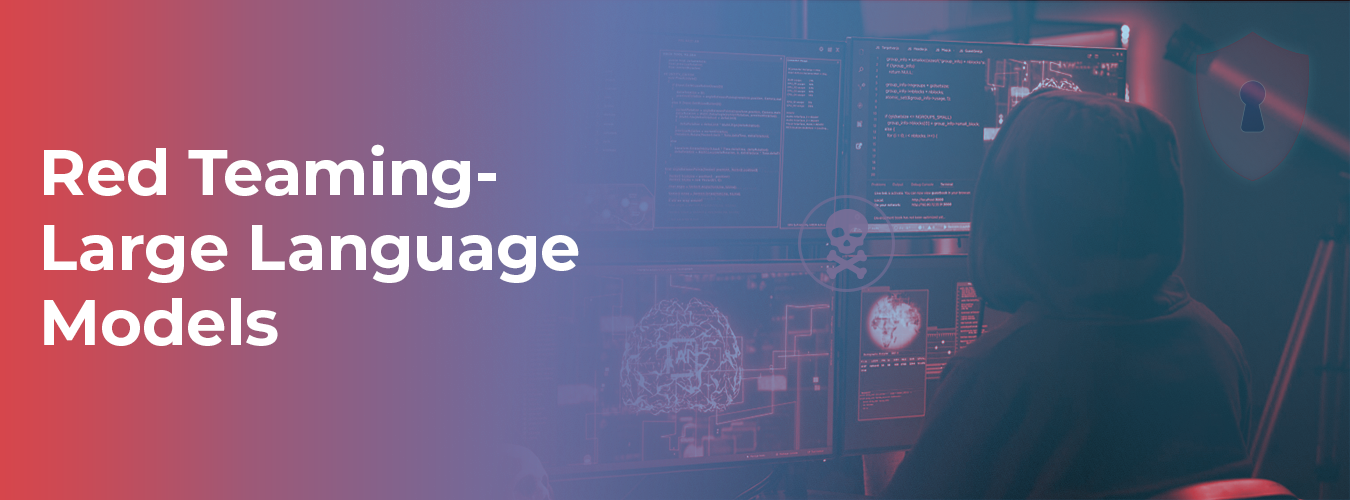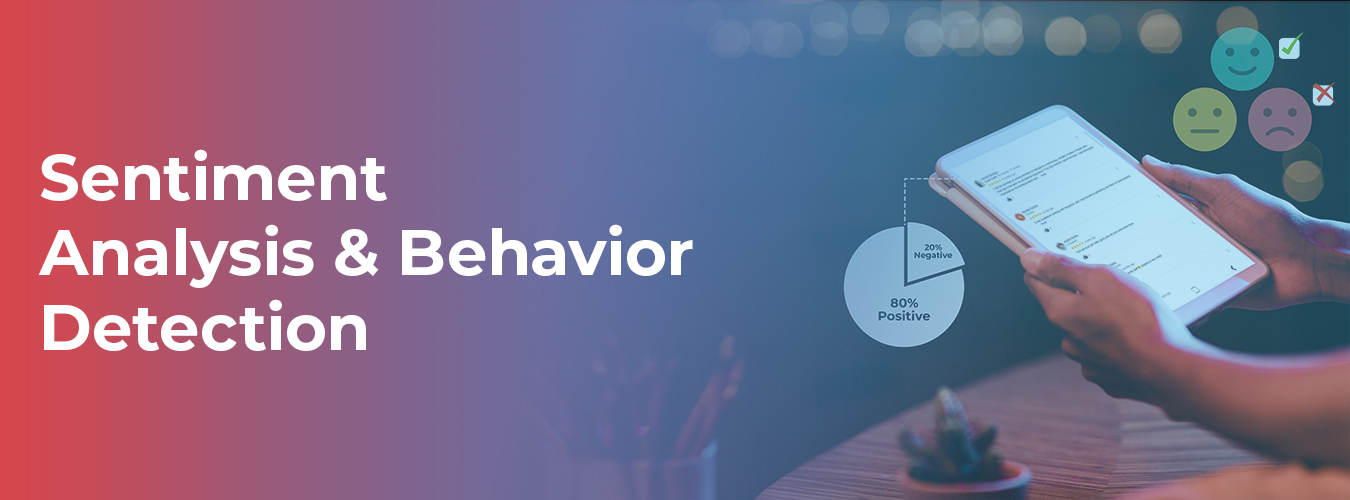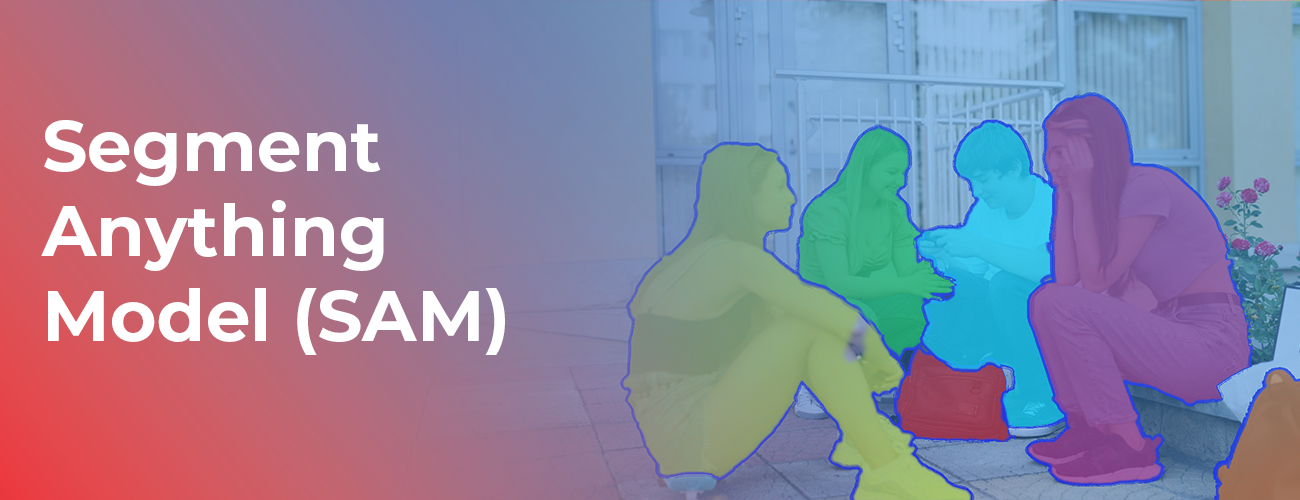With our growing aging population, healthcare services are increasingly strained to provide the best treatment as swiftly as possible. Many countries invest in AI and ML for healthcare to maximize efficiency and improve patient outcomes. The aim is to replace manual processes with machines so physicians, dentists, nurses, and other healthcare professionals can spend precious time with critical cases. However, AI and ML systems must be 100% reliable substitutes for human medicine. This means they’re trained using quality data, which is lots of it. In a medical context, the consequences of poorly trained AI could be life and death. In this blog, we will look into the understanding of healthcare datasets, their importance, their role in AI models, and much more.
What is meant by healthcare datasets?
Healthcare datasets are collections of information and statistics related to diverse factors in the healthcare industry. These datasets play a critical role in advancing our knowledge of healthcare and enhancing the quality of patient care. They are collections of information and data related to diverse components of the healthcare industry. They are used for many functions, such as patient care, scientific research, and public fitness regulations. The use of healthcare datasets has been growing in recent years because of advances in the era and the increasing need for data-driven decision-making in healthcare.
AI and ML models depend upon healthcare datasets to research patterns, become aware of trends, and make predictions. By studying large amounts of data, those models can uncover hidden insights, find correlations, and generate actionable recommendations. However, the datasets’ quality, diversity, and quantity substantially affect AI and ML models’ accuracy and overall performance in healthcare applications.
The Importance of Healthcare Datasets
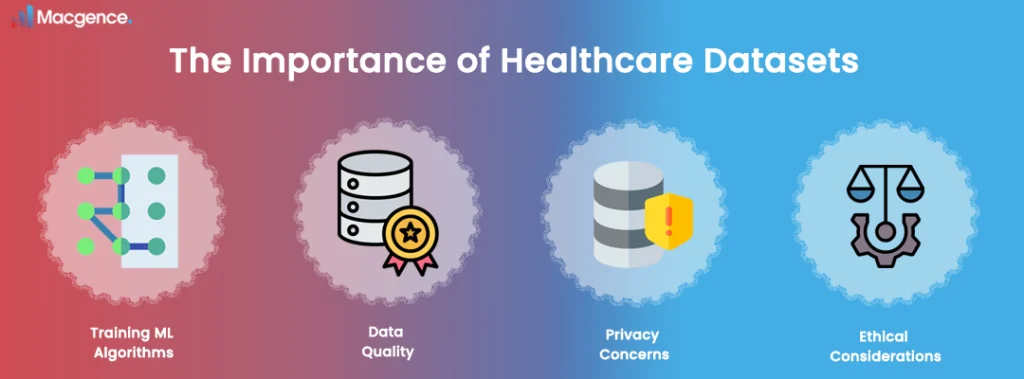
Healthcare datasets and healthcare data management are increasingly critical in developing Artificial Intelligence (AI) and ML models. In particular, medical datasets are essential for training ML algorithms to accurately predict health outcomes based on patient data. Data quality is paramount when using medical datasets in AI and ML models. Poor-quality data can lead to inaccurate results, wrong diagnoses, and poorer patient care. The accuracy of predictive analytics can be improved by robust data collection practices that ensure that all relevant information is captured accurately and consistently.
Privacy is another essential concern regarding healthcare datasets and data management in healthcare. Patient records contain sensitive personal data, including names, addresses, social security numbers, and medical histories, which must be safeguarded according to ethical principles and applicable laws. AI/ML algorithms should also be designed with privacy protection features. For example, masking unneeded or sensitive information or preventing access by unauthorized personnel.
Finally, ethical considerations must be considered while developing AI/ML models from healthcare datasets. Advances in technology allow us to do things we could not do earlier. However, this should not come at the fee of patients’ rights or privacy being compromised. Ethics forums need to check any proposed use of a medical dataset before it goes into manufacturing to defend the interests of each patient and vendor. Furthermore, recommendations should be set up for the responsible use of healthcare datasets, including ensuring that all data is anonymized before release and that only approved employees can access it.
The Role of Healthcare Datasets in AI and ML Models
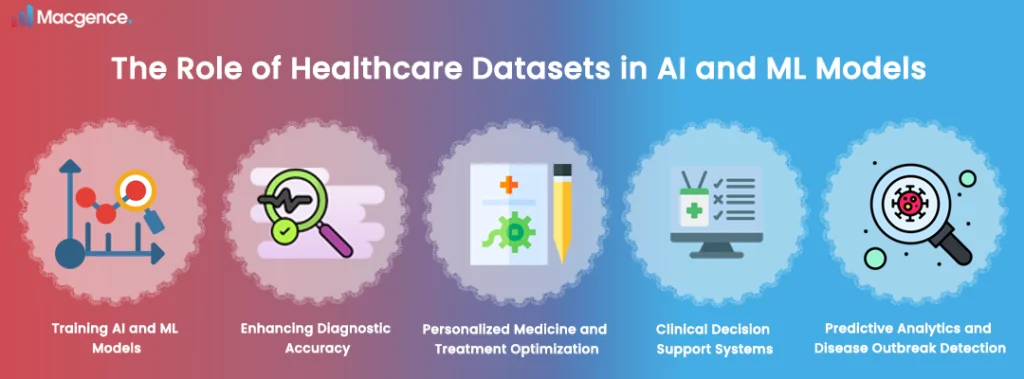
Training AI and ML Models
Healthcare datasets are the training ground for AI and ML models. These models analyze the data using patterns and making predictions on unseen datasets.
Enhancing Diagnostic Accuracy
AI and ML models skilled in datasets can drastically improve diagnostic accuracy. These models can identify styles and anomalies that human observers may also pass over through reading medical images, including X-rays, CT scans, and MRIs. This can result in correct diagnoses, permitting healthcare experts to offer timely and effective remedy interventions.
Personalized Medicine and Treatment Optimization
Healthcare datasets enable AI and ML models to broaden custom-designed treatment plans tailor-made to individual sufferers. By reading patient characteristics, clinical history, genetic info, and treatment outcomes, those models can identify the best interventions for particular patient profiles.
Clinical Decision Support Systems
AI and ML models trained on datasets can serve as medical selection aid systems, offering healthcare specialists actual-time recommendations and insights. These models can examine affected person data, scientific medical literature, and many others., to help with diagnosis, treatment choice, and monitoring.
Predictive Analytics and Disease Outbreak Detection
Healthcare datasets with AI and ML models permit predictive analytics, helping healthcare groups anticipate sickness outbreaks, allocate resources correctly, and enforce preventive measures. These models can discover early signs of potential outbreaks by reading historical patient information, environmental factors, and social determinants of fitness.
Macgence is your gateway for Next-Gen Data Solutions
Step into a brighter future with Macgence! We are more than just a healthcare data collection service provider; we are your partner in transforming the healthcare industry. Technology is constantly evolving, which gives rise to endless possibilities. Let’s work together to revolutionize healthcare datasets. Join our hands and shape the future of healthcare. We at Macgence are known to provide quality medical data collection that is useful in making healthcare models. Our process is fully customized, and our name is appreciated among big industries and players.
Macgence has developed rich experience with clients across multiple sectors in medicine and banking, insurance, education, and retail. If you need assistance managing the complexities associated with healthcare networks, contact us. Together, we can turn vision into reality and create a future where AI will work effectively with existing medical professionals to help everybody lead healthier and happier lives.
Conclusion
Healthcare datasets are precious for researchers, practitioners, and policymakers alike. They can offer precious insights into disease trends, remedy efficacy, and patient outcomes, permitting these stakeholders to make knowledgeable decisions about affected persons. By leveraging the power of medical datasets, we can improve patient care and advance our healthcare knowledge. With the developing availability of healthcare datasets, stakeholders want to be aware of the distinctive types of datasets available and their potential applications. By doing so, we can ensure that we’re using those datasets to their full potential and making the most impactful choices available in healthcare.
FAQs
Ans: – AI plays a pivotal role in analyzing comprehensive patient data to anticipate the probability of hospital readmission. By leveraging machine learning algorithms, these AI models can assess patient demographics, medical history, vital signs, and treatment outcomes.
Ans: – AI in the healthcare region is becoming more famous since global AI in the healthcare market is projected to reach $173.55 billion by 2029, developing at a CAGR of 40.2% from its 2022 valuation of $16.3 billion.
Ans: – In health care, big data is generated by various sources and analyzed to guide decision-making, improve patient outcomes, and decrease health care costs, among other things.


